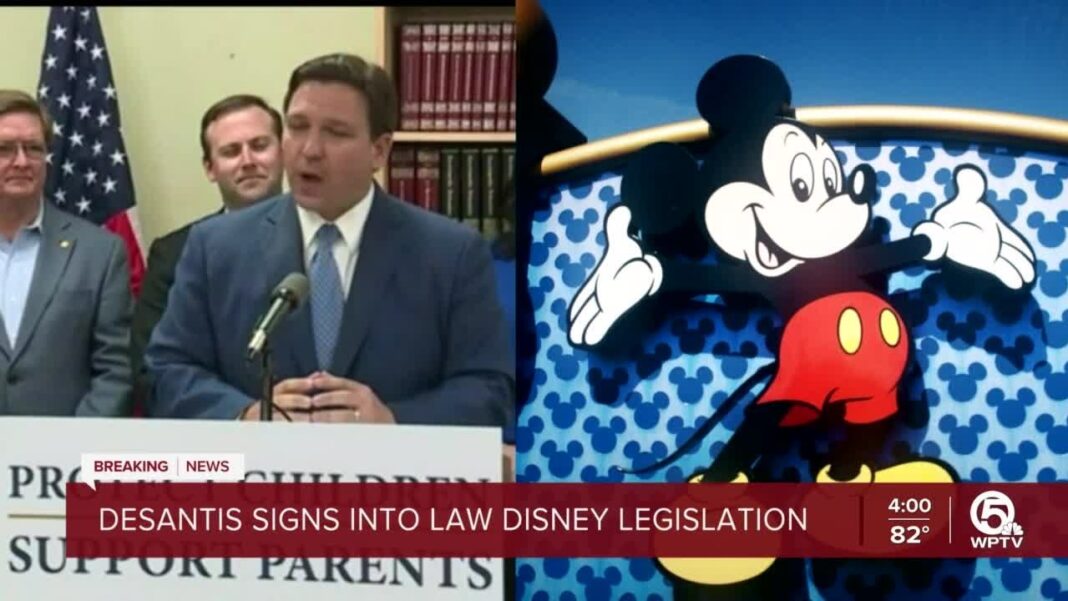
Six Republican House lawmakers voted “present” instead of “yea” in the final vote that secured the House Speakership for Rep. Kevin McCarthy (R-Calif.).
McCarthy was elected as the 55th House Speaker in the early hours of Jan. 7 following 15 rounds of votes, the first of which was held on Jan. 3. McCarthy, who was the House Republican leader of the 117th U.S. Congress, became House Speaker by a 216–212 vote.
The six Republicans who voted “present” instead of outright signaling their support for McCarthy in the final ballot were Reps. Andy Biggs (R-Ariz.), Lauren Boebert (R-Colo.), Eli Crane (R-Ariz.), Matt Gaetz (R-Fla.), Bob Good (R-Va.), and Matt Rosendale (R-Mont.).
The six had previously opposed him, having voted “no” in the first vote. By the 13th vote, they made up the six votes that were in support of Rep. Jim Jordan (R-Ohio), leaving McCarthy with 214 votes and Rep. Hakeem Jeffries with 212 votes from Democrats.
But with their “present” votes in the 15th round, the number of members voting was reduced to 428, which reduced McCarthy’s number of votes needed to win House Speaker to 216, which he secured.
On the 14th vote, Biggs and Good voted for Jordan, while Crane and Rosendale voted for Biggs. Meanwhile, Boebert and Gaetz had voted present. As lawmakers saw from the roll call that only one more vote was needed to elect McCarthy as speaker, members engaged in highly animated conversations as they tried to convince Gaetz and Boebert to support McCarthy. But he ended up one vote short of the 217 votes needed in that round.
McCarthy faced a total of 20 lawmakers who had initially opposed him but had succeeded in switching 13 of the 20 by the 12th vote. The 13 lawmakers were Reps. Dan Bishop (R-N.C.), Josh Brecheen (R-Okla.), Michael Cloud (R-Texas), Andrew Clyde (R-Ga.), Byron Donalds (R-Fla.), Paul Gosar (R-Ariz.), Anna Paulina Luna (R-Fla.), Mary Miller (R-Ill.), Ralph Norman (R-S.C.), Andy Ogles (R-Tenn.), Scott Perry (R-Pa.), Chip Roy (R-Texas), and Keith Self (R-Texas).
By the 13th vote, Rep. Andy Harris (R-Md.) joined to support McCarthy.
To win their support, McCarthy had made a number of concessions, including agreeing to multiple reforms in the House procedures to largely empower the rank-and-file members and decrease the power of the speaker.





